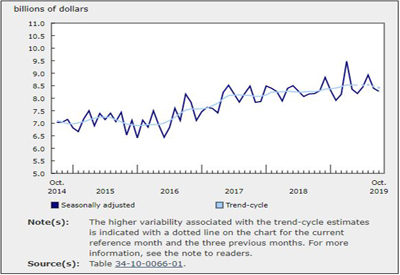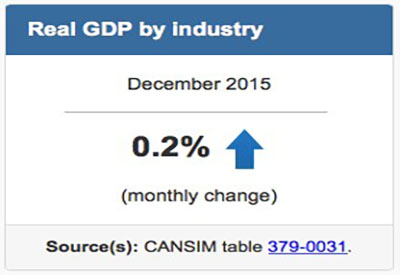The Supply Chain “Sacrifice”

Apr 17, 2018
By Rick McCarten
The recent news about the trade war brewing between China and the United States reminded me of a supply chain connection: a company can make a sacrifice to its own efficiency that will lead to an improvement for the entire channel. This was the key factor that led to the existing trade gap between China and the U.S.
Back in the 1960s when companies like Walmart and Kmart (former competitor to Walmart) were starting to branch out and grow, the giant retailers relied on manufacturers for many things. A manufacturer selling to Walmart had to design, produce and deliver their product to every Walmart and Kmart store across North America. Manufacturers would start out with a truckload of coffee cups or t-shirts, and work their way across their territory until they delivered the last shipment of products to the end of their run and then head back home. The infrastructure of delivering to the stores was a significant capital investment. It had to be made and it had to be covered by your margins in “coffee cup” sales. If your sales and margins were not high, your brand was not strong enough and you could not sell your product. The delivery system was a barrier to entry.
Walmart made a brilliant move (one of many in those days). It looked at the entire supply chain and realized that there were some inefficiencies. Transportation of products was one of them. The empty truck making the long journey to the last store was signalled out. They needed a system that would have full trucks making deliveries to maximize logistics costs.
To this end, Walmart opened cross-docking depots across North America. Manufacturers with their “coffee cups” could now ship a full truck to the cross dock, unload and head back. Walmart took the cups, mixed them with other products destined for the same store, and shipped the full load to each branch.
The overall costs were reduced. Timelines were dramatically improved. Branch shelves were better stocked, customers were happier. This was all achieved at a cheaper price for the channel, but more time, effort and cost was put on to Walmart. However, Walmart’s position in supply chain allowed them to go back to suppliers and point out the cost savings they were all receiving. Walmart convinced suppliers to pay for the new logistics system out of the money they were saving in delivery costs.
The overall supply chain savings was significant. It gave Walmart a 1% advantage over its nearest competitor, Kmart. That 1% (huge in the retail world) was enough for Walmart to edge Kmart out of business.
From a supply chain perspective, taking on more costs and effort can make a huge difference to your company’s efficiency, even if at first it appears counter intuitive.
From a trade-war perspective, the cross-dock reduced the capital outlay for manufacturers. It eliminated the delivery barrier to entry that a strong brand had in the market. Entry to the market now could be a cross-dock at the Los Angeles harbour. Products from overseas could compete without the infrastructure costs of delivery. The results? Close to half all containers shipped from China to the U.S. in the 1990s were destined for a shelf in a Walmart store.
Today our supply chain efficiencies have made global trade a reality. This is even further enhanced by personal Internet shopping, Federal Express and Amazon.
Rick McCarten is VP, Operations, Electro-Federation Canada.











